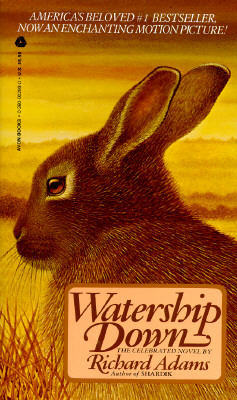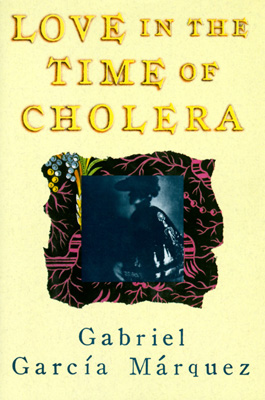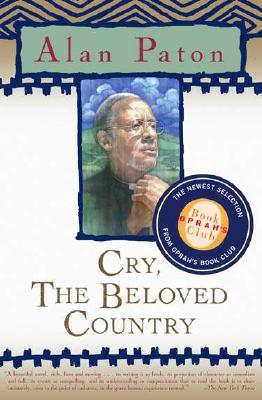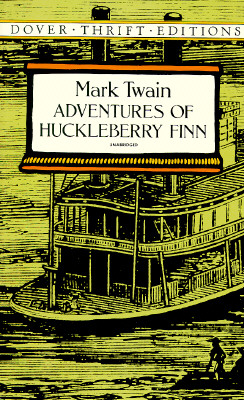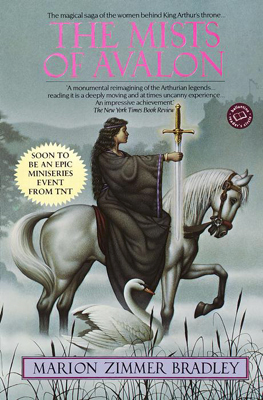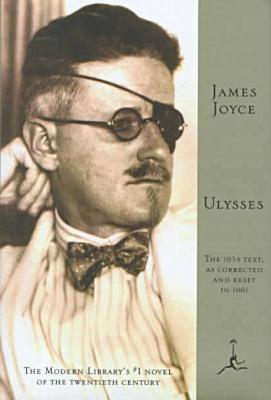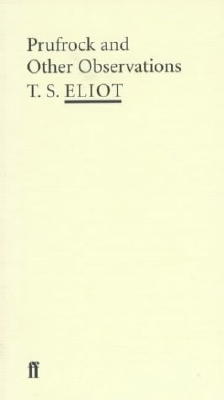I suppose I should post this to my "Booknotes" blog,* but I wanted to post it here to give a bit of an update on what I have been thinking about lately. I have actually been motivated to read more in the past few weeks/months, which has its good points and bad--good, because I have been feeling that I
should read more (or at all), bad because when I read, other things are pushed aside. It started with the campus visit. On the trip, I brought as reading material the student essays and creative writing that the school had provided for me, and also Bernard Schlink's
The Reader. The appeal should be obvious: as I tell my students (sometimes, when I feel like mentioning my scholarly interests will help the rapport), when a novel portrays someone reading or writing, that's when I become interested. And there were so many other interesting things going on. I became interested in the book when I saw a commercial on TV for the film--which I saw afterwards (watched it on DVD with my
mom), and was vastly disappointed. The book, however, is brilliantly complex and suggests some interesting ideas about literacy that I plan to form into a new chapter of my (conceptually) evolving (finished) dissertation. I have yet to read the other contemporary work that I plan to pair it with but Oprah would be proud (unfortunately, I think both books are Oprah Book Club selections, though for the life of me, I can't understand why she liked
The Reader, unless she misread it or someone else selected it).
After that, my reading didn't pick up the way I wanted it to for one reason or another. I think the primary reason may have been a lack of direction--I have been feeling it for a while. So much is out there that I'm just not sure where to turn next. One writer in particular has kept creeping into my peripheral vision, however. Many of you have read him, I'm sure--Graham Greene, England's premier twentieth century
Catholic novelist (well, I guess G. K. Chesterton could contend for that position from the opposite end of the political spectrum!). I didn't quite know what to read by him, and had no particular motivation to seek him out, except that the position I desperately wanted (yes, there was ONE that I
knew I wanted) that was cancelled (hopefully to be reopened) was a position to teach 20th Century Catholic writers, and Greene was one specifically named. But he kept coming up. So when I accidently found myself reading an article about his file with the Vatican, I made up my mind to read
The Power and the Glory, and did so during a recent drive to New Orleans (we were there 2 nights and a day). It is nothing short of brilliant. It captures with poignancy the struggle of the believer who recognizes his/her sinfulness, but even more than that, it captures the coexistence of hope and despair, and the contrast between the office of the priesthood and the fallible humans who are ordained to that office. I find it hard to consider it a work of British literature, since it is set in Mexico and focuses on Mexicans rather than the foreigners who live there, but even in that there is a curious Englishness, and I may be inclined to investigate in the future the strange draw that English writers have to Mexico, or more interestingly (to me), to Catholic culture(s). I am eager to read more of Greene, but I do not find that any of his novels sound as compelling as
The Power and the Glory. I checked out a couple, though--
Monsignor Quixote and
The Heart of the Matter--so they're on the "to read" list.
A few days ago, I was in a local book/media store looking for more Graham Greene, and in the classics section I stumbled across a work by W. Somerset Maugham,
The Painted Veil. The summary sounded intriguing, and it occurred to me that Maugham is in my time period, but another whose works I had never read. So when I went to the library to get the aforementioned Greene, I also grabbed
The Painted Veil and another by Maugham,
The Magician. On the way out, as I was thinking that I should look up some Walker Percy (another name on the list of Catholic authors desired by that coveted Assistant Professor position), I glanced to the side and found--the Walker Percy shelves! It was uncanny. So I have
The Thanatos Syndrome and
Love in the Ruins to read also.
I am currently reading
The Magician by Maugham, and it is turning out to be your basic
fin de siècle novel, and would pair nicely with
The Picture of Dorian Grey,
The Strange Case of Dr. Jekyll and Mr. Hyde, Walter Pater and Baudelaire. I have yet to see that it does anything incredibly interesting, and some of its invocation of the occult is disturbing. There is a passage that evokes artworks and artists with which (and whom) I was previously unacquainted:
this one by Juan Valdés de Leal, who seems rather generally extraordinary, Jusepe (or José) de Ribera, whose "dwarfs" don't seem to be well represented online (I only found
this one), and a
Pygmalion by Bronzino, which is the only one that seems to fit Maugham's description. Maugham's works and Greene's seem to suffer from a lack of footnotes that I attribute to a more general lack of critical attention--and yet, both names are well-known.
The Painted Veil is intriguing, and I may require it in the course I am teaching in the fall. It raises some interesting questions about depictions of women, includes some elements of the society novel that would not be out of place in Henry James or Edith Wharton, depicts the sexual act in a way that that would have seemed bold for Lawrence (who was generally more subtle), and contains lots & lots of colonialism. Of particular interest to me is Maugham's depiction of a convent of French missionary nuns in China, situated literally in the middle of a cholera epidemic. The nuns are easily the most noble characters in the novel, both in terms of bloodline and lineage (the Mother Superior is descended from nobility) and in terms of their bearing, serenity, closeness to the divine (though this is not quite how the characters in the novel or the narrator articulate it). It is interesting here to see the contrast between how the English speak of clergy of the Church of England, or how dismissive the characters are of the Anglican Church, and how the French nuns are portrayed. I'm not sure I have much to say about it beyond that, but I'm collecting data! ;)
So I am engaged in filling in a few less-than-apparent gaps in my reading of early- to mid-20th-century British fiction, asking along the way why I have not encountered these authors before, and whether it will matter at all, after I have read them, that I
have read them--matter professionally, that is. I am already glad that I am reading them, and still believe in the inherent value of the act of reading--yes, I really do.
*Okay, I cross-posted it because my
Booknotes blog is so very sad and neglected!
